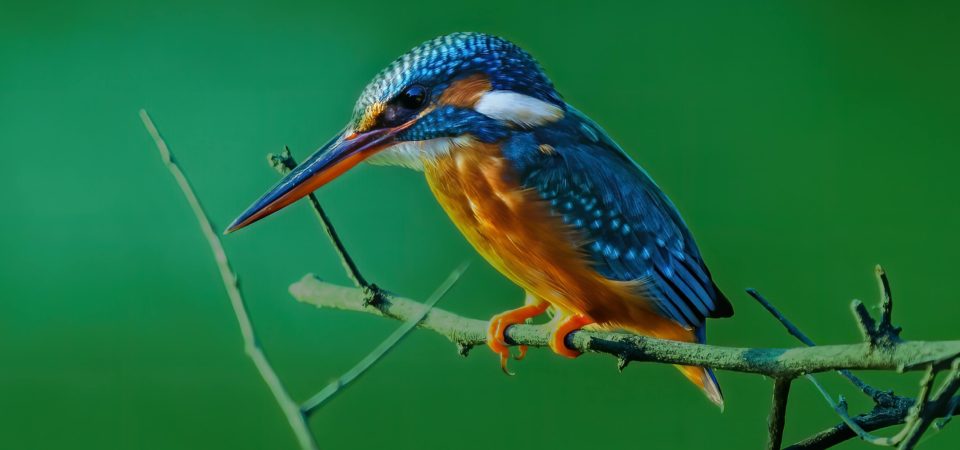Item Link: Access the Resource
Date of Publication: March 11
Year of Publication: 2024
Publication City: London, UK
Publisher: Resurgence Trust
Author(s): Ione Howells
Journal: The Ecologist
The term ‘ecosystem services’ is used increasingly in conservation. But does it actually serve its intended purpose?
Walking through a woodland in spring, what do you notice? The smell of wild garlic, its small white flowers bobbing gently in the breeze? The burbling stream – was that a kingfisher swooping past? The dappled light as it scatters through the canopy, warming your skin? What about the woodland’s contribution to the economy?
According to the Office for National Statistics, UK woodlands provided ‘ecosystem services’ worth £8.9 billion in 2020: £4.4 billion for carbon sequestration, £1.2 billion for removal of air pollution, £1.1 billion for tourism and recreation, and £1 billion for health benefits, to name a few.
While understanding how the nature around us supports our continued existence is a valuable aim, this number obscures as much as it tells. Nature conservation is increasingly dictated by the economic services a given site can offer, rather than for wildlife’s own sake. Exploring how and why this has come about offers profound implications for the future.
Read the full article here.

